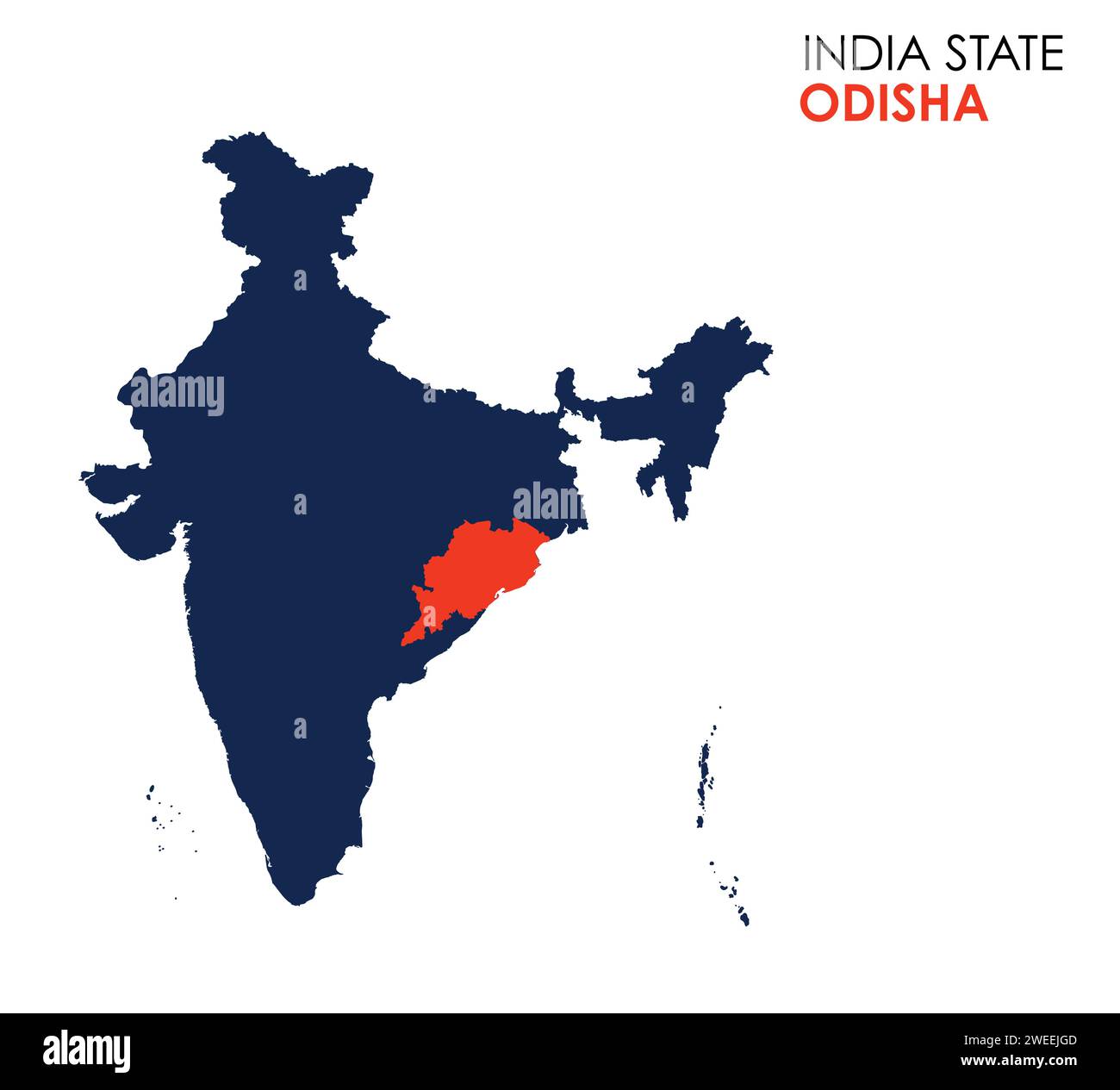In recent times, the term "Odisha MMS video" has sparked widespread discussion across social media platforms and news outlets, drawing attention to a sensitive and controversial incident. The case revolves around a video that surfaced online, allegedly originating from the Indian state of Odisha. The incident has raised numerous questions about privacy, cybercrime, and the ethical use of technology in today's digital age. With the rapid spread of such content, the issue has become a focal point for debates about the responsibilities of individuals and society in safeguarding personal privacy.
As the Odisha MMS video gained traction, it became more than just a local issue—it turned into a national concern. The incident highlights the dark side of technology, where private moments can be recorded and shared without consent, leading to emotional and psychological distress for those involved. Such cases are not isolated; they reflect a broader trend of misuse of digital platforms, where videos or images are weaponized to harm individuals. This has prompted calls for stricter laws and awareness campaigns to prevent similar incidents in the future.
While the Odisha MMS video has captured public attention, it also serves as a reminder of the importance of digital literacy and responsible online behavior. The incident underscores the need for individuals to understand the consequences of their actions in cyberspace and for authorities to take decisive steps in addressing such issues. By exploring the details of this case, we can gain insights into the challenges posed by modern technology and work toward creating a safer digital environment for everyone.
Read also:Unlocking The Potential Of Itslexismith Ed A Comprehensive Guide
Table of Contents
- What Is the Odisha MMS Video Scandal?
- How Did the Odisha MMS Video Go Viral?
- Why Is the Odisha MMS Video a Legal Concern?
- Who Are the Key Figures Involved in the Incident?
- What Are the Social Implications of the Odisha MMS Video?
- How Can Society Prevent Similar Incidents in the Future?
- What Role Does Cybercrime Play in the Odisha MMS Video Case?
- Frequently Asked Questions
What Is the Odisha MMS Video Scandal?
The Odisha MMS video scandal refers to a controversial incident involving the unauthorized recording and distribution of a private video from the Indian state of Odisha. The term "MMS" stands for Multimedia Messaging Service, which is often used to describe videos or images shared via mobile devices. In this case, the video was allegedly recorded without the knowledge or consent of the individuals involved, raising serious ethical and legal questions.
The incident gained widespread attention when the video began circulating on social media platforms and messaging apps. As the video spread, it triggered outrage and concern among the public, with many questioning how such content could be shared so freely. The case highlights the vulnerabilities of digital platforms, where private content can be easily disseminated to a large audience, often with devastating consequences for the individuals involved.
Authorities in Odisha have taken steps to investigate the matter, including identifying those responsible for recording and sharing the video. The case has also prompted discussions about the need for stricter regulations to address cybercrime and protect individuals' privacy. By examining the details of this scandal, we can better understand the challenges posed by the misuse of technology and work toward creating a safer digital environment.
How Did the Odisha MMS Video Go Viral?
The rapid spread of the Odisha MMS video can be attributed to several factors, including the widespread use of social media platforms and messaging apps. In today's digital age, content can be shared with just a few clicks, making it difficult to control the dissemination of sensitive material. The video reportedly began circulating on platforms such as WhatsApp, Facebook, and Twitter, where users quickly shared it with their contacts and followers.
Role of Social Media Platforms
Social media platforms played a significant role in amplifying the reach of the Odisha MMS video. These platforms are designed to facilitate the sharing of content, but they can also enable the rapid spread of harmful material. Once the video was uploaded, it was shared across multiple groups and communities, leading to an exponential increase in its viewership. The lack of effective content moderation tools on some platforms further exacerbated the situation, allowing the video to remain accessible for an extended period.
Impact of Messaging Apps
Messaging apps like WhatsApp also contributed to the viral nature of the Odisha MMS video. These apps allow users to forward content to multiple recipients simultaneously, making it easy for videos to reach a large audience within a short period. In many cases, users may not even be aware of the sensitive nature of the content they are sharing, leading to unintentional harm. The anonymity provided by messaging apps can further complicate efforts to trace the origin of such content and hold individuals accountable.
Read also:Who Is Reshmi Nair Cp24 A Comprehensive Guide To Her Career And Influence
To address these challenges, there is a growing need for platforms to implement stricter content moderation policies and for users to exercise greater caution when sharing content online. By raising awareness about the potential consequences of sharing sensitive material, we can help prevent similar incidents in the future.
Why Is the Odisha MMS Video a Legal Concern?
The Odisha MMS video scandal has significant legal implications, as it involves the unauthorized recording and distribution of private content. Such actions are not only unethical but also violate several laws related to privacy, cybercrime, and harassment. In India, the Information Technology (IT) Act and the Indian Penal Code (IPC) provide a legal framework for addressing cases like this, but enforcement remains a challenge.
Violation of Privacy Laws
One of the primary legal concerns surrounding the Odisha MMS video is the violation of privacy rights. The individuals involved in the video were reportedly unaware that they were being recorded, which constitutes a breach of their right to privacy. Under the IT Act, the unauthorized recording and sharing of private content can lead to criminal charges, including fines and imprisonment. Additionally, the IPC addresses offenses related to voyeurism and the invasion of privacy, further reinforcing the legal consequences of such actions.
Implications of Cybercrime
The distribution of the Odisha MMS video also raises concerns about cybercrime, as it involves the misuse of digital platforms to harm individuals. Cybercrime laws in India are designed to address offenses such as hacking, identity theft, and the unauthorized sharing of sensitive content. In this case, the individuals responsible for sharing the video could face charges under the IT Act, which provides for penalties of up to three years in prison and fines for offenses related to the misuse of technology.
By examining the legal aspects of the Odisha MMS video scandal, we can better understand the importance of enforcing existing laws and advocating for stronger regulations to protect individuals' privacy and prevent cybercrime.
Who Are the Key Figures Involved in the Incident?
The Odisha MMS video scandal involves several key figures, including the individuals whose privacy was violated, the person or persons responsible for recording the video, and those who shared it online. While specific details about the identities of these individuals may not be publicly available due to privacy concerns, understanding their roles in the incident can provide valuable insights into the case.
Personal Details and Bio Data of Key Figures
Below is a table summarizing the known information about the key figures involved in the Odisha MMS video scandal:
| Name | Role | Age | Location | Legal Status |
|---|---|---|---|---|
| Victim 1 | Individual whose privacy was violated | 25 | Odisha, India | Seeking legal action |
| Victim 2 | Individual whose privacy was violated | 23 | Odisha, India | Seeking legal action |
| Suspect 1 | Alleged recorder of the video | 30 | Odisha, India | Under investigation |
| Suspect 2 | Alleged distributor of the video | 28 | Odisha, India | Under investigation |
Impact on the Victims
The victims in the Odisha MMS video scandal have reportedly faced significant emotional and psychological distress as a result of the incident. The unauthorized recording and sharing of private content can have long-lasting effects on individuals, including feelings of shame, embarrassment, and anxiety. In many cases, victims may also face social stigma and harassment, further compounding the harm caused by the incident.
Efforts are currently underway to provide support and legal assistance to the victims, with authorities working to identify and hold accountable those responsible for the recording and distribution of the video. By focusing on the experiences of the victims, we can better understand the human impact of such incidents and advocate for stronger protections against similar violations in the future.
What Are the Social Implications of the Odisha MMS Video?
The Odisha MMS video scandal has far-reaching social implications, highlighting the broader issues of privacy, consent, and the misuse of technology in today's digital age. The incident has sparked widespread discussions about the ethical and societal challenges posed by the unauthorized recording and sharing of private content. By examining these implications, we can gain a deeper understanding of the impact of such incidents on individuals and society as a whole.
Impact on Privacy and Consent
One of the most significant social implications of the Odisha MMS video scandal is the erosion of trust and the violation of privacy. The individuals involved in the video were reportedly unaware that they were being recorded, raising important questions about consent and the right to privacy. In a society where technology is increasingly integrated into daily life, incidents like this highlight the need for greater awareness about the importance of consent and the potential consequences of violating it.
Role of Social Media in Amplifying Harm
Social media platforms have played a pivotal role in amplifying the harm caused by the Odisha MMS video. The rapid spread of the video across platforms such as WhatsApp, Facebook, and Twitter demonstrates how easily sensitive content can reach a large audience, often with devastating consequences for the individuals involved. The anonymity provided by these platforms can further exacerbate the situation, making it difficult to hold individuals accountable for their actions.
To address these challenges, there is a growing need for platforms to implement stricter content moderation policies and for users to exercise greater caution when sharing content online. By raising awareness about the potential consequences of sharing sensitive material, we can help prevent similar incidents in the future and promote a culture of respect and responsibility in the digital space.
How Can Society Prevent Similar Incidents in the Future?
Preventing incidents like the Odisha MMS video scandal requires a collective effort from individuals, communities, and authorities to address the root causes of such violations and promote responsible behavior in the digital space. By implementing stricter regulations, raising awareness, and fostering a culture of accountability, we can work toward creating a safer environment for everyone.
Strengthening Legal Frameworks
One of the most effective ways to prevent similar incidents is by strengthening legal frameworks to address cybercrime and protect individuals' privacy. Governments and regulatory bodies must ensure that existing laws are enforced and consider introducing new legislation to address emerging challenges in the digital age. For example, stricter penalties for unauthorized recording and sharing of private content can serve as a deterrent to potential offenders.
Promoting Digital Literacy
Digital literacy plays a crucial role in preventing incidents like the Odisha MMS video scandal. By educating individuals about the responsible use of technology and the potential consequences of their actions, we can empower them to make informed decisions in the digital space. Schools, communities, and organizations can play a key role in promoting digital literacy through workshops, campaigns, and awareness programs.
Additionally, social media platforms and messaging apps must take proactive steps to prevent the spread of harmful content. This includes implementing advanced content moderation tools, providing users with

